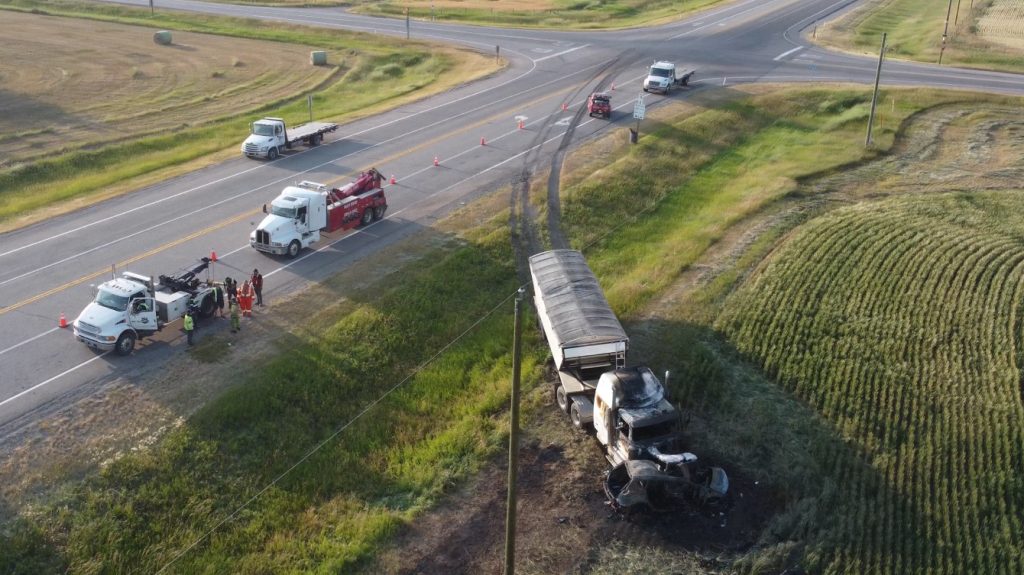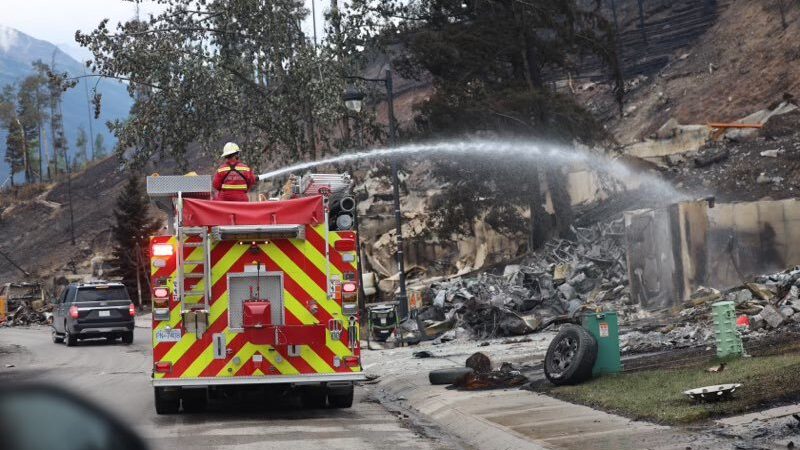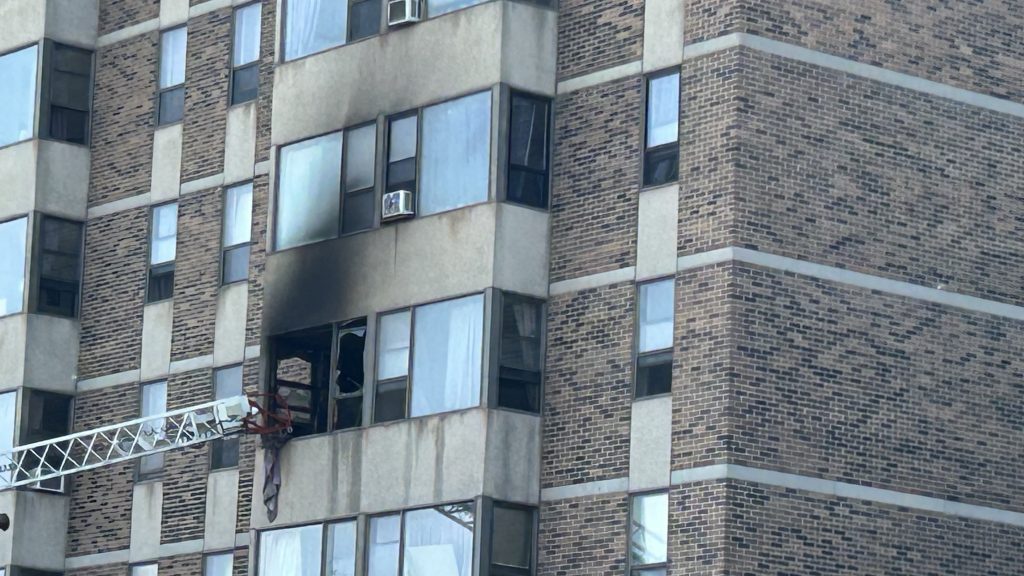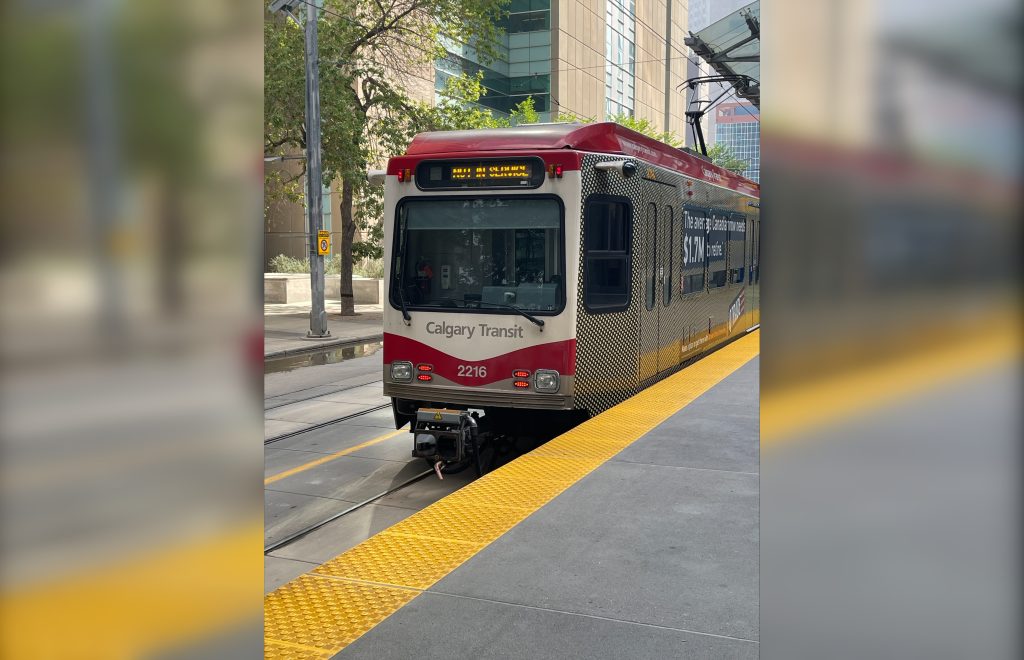Prejudice against Indigenous in Alberta health comes at great cost: expert
Posted Mar 7, 2023 1:13 pm.
Last Updated Mar 7, 2023 1:18 pm.
As a survey exposes bias against Indigenous patients in Alberta’s health system, we’re hearing from experts about how this behaviour affects communities.
The survey was conducted by the University of Calgary. It was sent to every licensed doctor in the province in Sept. 2020, with the goal of determining their biases after high-profile deaths of Indigenous patients in Canada’s healthcare system.
The researchers have said they weren’t surprised by the overall results but rather were shocked by some of the comments.
“Racism actually has a cost that is far beyond simple discomfort,” Reagan Bartel, director of health, Metis Nation of Alberta, said in response to the survey. “We’ve been saying this for years, this isn’t new.”
Bartel says it’s common to hear from members of the community that their first experiences with racism are “actually when they enter the health-care system.”
That, as was also pointed out by the survey, as well as the power imbalance created can lead to dangerous environments and consequences for Indigenous patients seeking care, she adds.
“Taking care of their chronic conditions on their own, waiting until a chronic condition is so bad that they have to access care through our emergency departments. We have an incredibly low attachment to physicians and that’s often because they tell us they don’t feel safe actually seeking out care in the communities they live in,” Bartel explained.
“You know it’s not just those infrastructure pieces that we are falling down on, we are falling down on the general care and compassion and meeting people where they’re at.”
In a statement, the president of the Alberta Medical Association says the findings are “disheartening.”
“Such bias exacerbates health inequity that is already severe. It is also deeply rooted and will take time to eliminate but stating our intent to do so is the first step,” the statement reads.
Related article: Survey suggests some Alberta doctors have anti-Indigenous biases
“We encourage all physicians, resident physicians, medical students, and allied health providers to engage in professional development to provide care with cultural safety and humility toward Indigenous patients.”
The survey, which had 375 respondents out of about 12,000 that it was sent to, used a “feeling thermometer” approach in two questions that asked participants to indicate their agreement.
In the question that asked doctors if they preferred white or Indigenous people, 25 per cent said they preferred white people and more than eight per cent said that they felt unfavourably towards Indigenous people.
“(The participants) self-reported an explicit bias,” researcher Shannon Ruzycki said. “It should be zero.”








